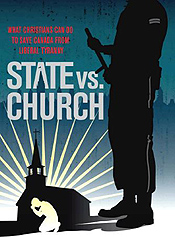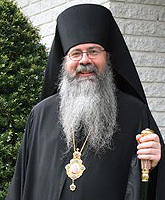 by Catholic Online –
by Catholic Online –
Particular mention must be made of the powerful political and cultural currents seeking to alter the legal definition of marriage. The Church’s conscientious effort to resist this pressure calls for a reasoned defense of marriage as a natural institution consisting of a specific communion of persons, essentially rooted in the complementarity of the sexes and oriented to procreation. Sexual differences cannot be dismissed as irrelevant to the definition of marriage. Defending the institution of marriage as a social reality is ultimately a question of justice, since it entails safeguarding the good of the entire human community and the rights of parents and children alike. …
On Friday morning, March 9, 2012, Pope Benedict XVI addressed another panel of US Catholic Bishops undergoing their ad limina visit. He spoke with clarity and urgency concerning the need for the evangelization of the American culture and their charge concerning what he called the “contemporary crisis of marriage and the family” and presenting a “Christian vision of human sexuality”. We present the full text of the message with appreciation to Rocco Palmo and Whispers in the Loggia: [Read more…]

 by Andrew M. Greenwell, Esq. –
by Andrew M. Greenwell, Esq. – by Michael Terheyden –
by Michael Terheyden –
 by Donald R. McClarey –
by Donald R. McClarey – Catholic Online –
Catholic Online – by John Feakes –
by John Feakes – by Fr. John S. Bakas –
by Fr. John S. Bakas – by John Jalsevac –
by John Jalsevac – by Rev. Robert A. Sirico –
by Rev. Robert A. Sirico –